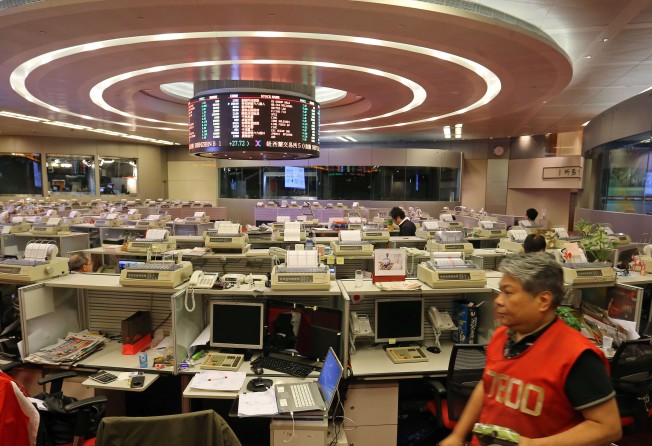Hong Kong hasn’t tightened GEM rules far enough, lawmaker says
GEM should raise the minimum number of shareholders to 300, from 100, lawmaker says

Hong Kong’s securities regulators must tighten the rules and take tougher action to enhance the liquidity of shares listed on the city’s Growth Enterprise Market, or GEM, to instil confidence in a market where even companies that lack a profit track record are able to raise capital, said the city’s lawmaker responsible for the financial services industry.
The Securities & Futures Commission and the Hong Kong Exchanges & Clearing jointly issued guidelines and a strongly worded statement on Friday, criticising the second board’s sponsors and underwriters for the volatility of their clients’ public listings, where share prices have surged or plunged 10 times on their trading debut.
“The SFC or the exchange will, where appropriate, take action against applicants, sponsors, underwriters or placing agents who fail to have appropriate policies and procedures in place to ensure the placing is conducted in a fair and orderly manner,” the joint statement said.
The regulators didn’t go far enough, said Christopher Cheung Wah-fung, the broker and lawmaker who represents the city’s financial services industry.
“The warning and guidelines issued by the SFC and the HKEX on Friday were too vague,” Cheung said. “The guidelines are not tough enough to crack down on the high volatilities of the GEM companies. More needs to be done.”
Most new listings on the GEM board are offered to 135 shareholders on average, just slightly higher than the minimum of 100 to qualify, with shareholdings in some companies dropping to 30 or 40 soon after their listings. High concentration of shares in the hands of a few can cause prices to be highly volatile, Cheung said.
“Highly volatile share prices on GEM is not good for Hong Kong’s image as an international financial centre,” he said. “This should be stopped immediately but the new guidelines fail to address the real problem of GEM.”
To address the problem, the SFC and HKEX should immediately increase the minimum number of shareholders on GEM to 300, from the current 100, the same level as on the main board, Cheung said. The regulators must also make it mandatory for GEM-listed companies to disclose their shareholding allocations to increase transparency, he said.
Regulators should also review GEM’s role with the proposal to launch a third board, aimed at attracting so-called new economy companies and technology startups to raise capital.
As little as 3 per cent of the funds raised last year through initial public offers in Hong Kong -- the world’s largest IPO market -- were by technology companies, while as much as 69 per cent were by financial firms, according to PricewaterhouseCooper’s data.
“This joint statement is an initial step to address some of the current concerns with GEM IPO placements while we continue to work on a broader GEM reform,” said Mr David Graham, chief regulatory officer and head of listing at HKEX.
A third board needs more liberalised rules to attract startups and new technology firms, Cheung said.
“However, the third board should also have tough regulations to protect shareholders’ interest. It should have a delisting mechanism to remove poor performers from the market,” he said.
Louis Tse Ming-kwong, director of VC Brokerage, said the SFC and HKEX guidelines were good enough.
“The wordings were very strong and the market participants would be more careful about the GEM offerings in future,” Tse said.